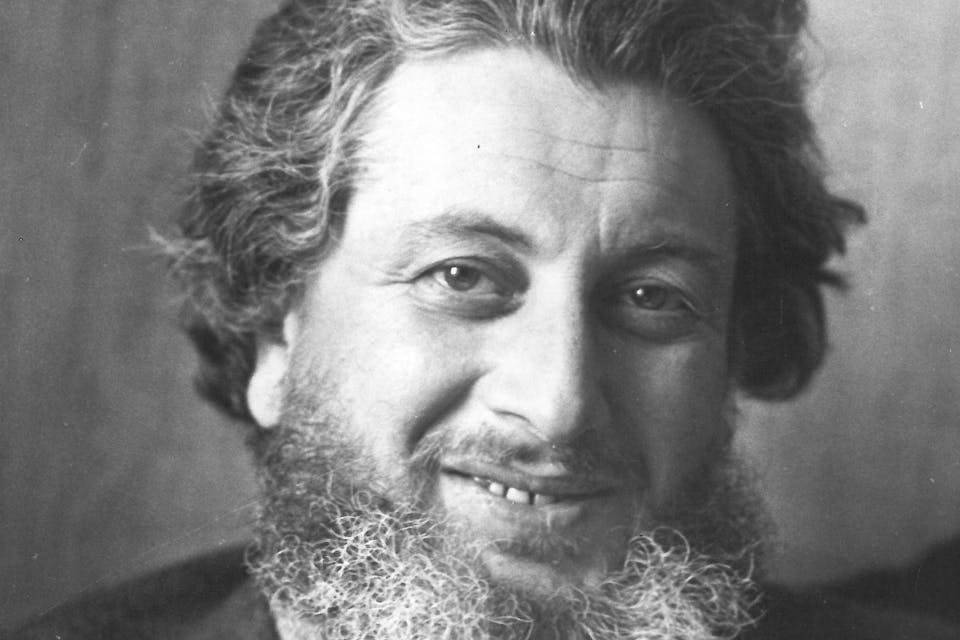
April 29, 2015
Remembering the Mighty Slepak
Youthful encounters with the late Vladimir Slepak, the “stately bull” who helped win freedom for Soviet Jews.
Vladimir Slepak, lionhearted warrior of the Soviet Jewry movement, died in New York on April 23. He will rest in Israel, which became his home in 1987 after seventeen years of fighting the Soviet regime for the right to live there.
Vladimir (Volodya) Slepak was one of the leading figures among the refuseniks—Jews who had applied to emigrate from the Soviet Union but were illegally held back, disenfranchised, and severely persecuted by the KGB and other branches of the regime. He was also a member of the Moscow Helsinki Watch Group, a human-rights organization founded in 1976 and made up mainly of Soviet dissidents. As a dissident, Slepak sought the reform of the ideologically bankrupt Soviet system; as a Jewish activist, he sought to free his own family and others from captivity.
The grandson of a Jewish teacher, Vladimir Slepak was born in 1927. His father Solomon (Semyon)—like thousands of boys and girls of his generation—had abandoned Judaism and embraced the shadowy promise of revolutionary equality. A decorated hero of the civil war in the Russian Far East, Solomon Slepak served as the prototype of Iosif Levinson, a Jewish knight of the Bolshevik revolution in Aleksandr Fadeev’s novel The Rout (1927), a canonical work of early Soviet literature. Seventy years later, his son Vladimir would become the central figure in The Gates of November, a nonfiction account of the Slepak family by the novelist Chaim Potok.